
A friend recently asked me “what do we mean by civilian space development”.Such a question made me understand that, maybe, we were not clear enough about the title of our congress, the Civilian Space Development. Following such understanding, I tried to draw a better rationale, aware that what we wrote was not that self-explanatory as we thought.
It was observed that NASA is a civilian agency, not a military one. And that the commercial space effort is civilian process, not a military one.
Well, when we talk about “civilian” space development, we are not simply suggesting a non military concept of space development. We are rather talking about enabling and bootstrapping the human space settlement, going over the age of space exploration.
In fact, we don’t need to discuss the military or non military setup of the space development. We know that military, as well as all of the other human activities, will expand to space, whatever we like it or not.
But that is definitely not the point: the point is humanity being limited to astronautical space exploration or to be free to expand civilization and settle in space.
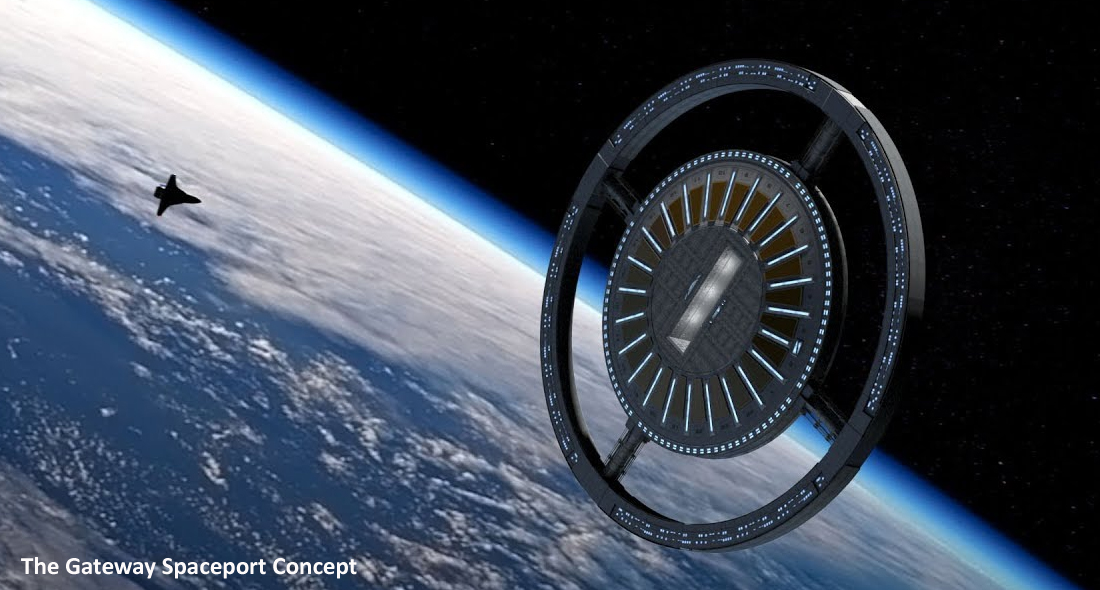
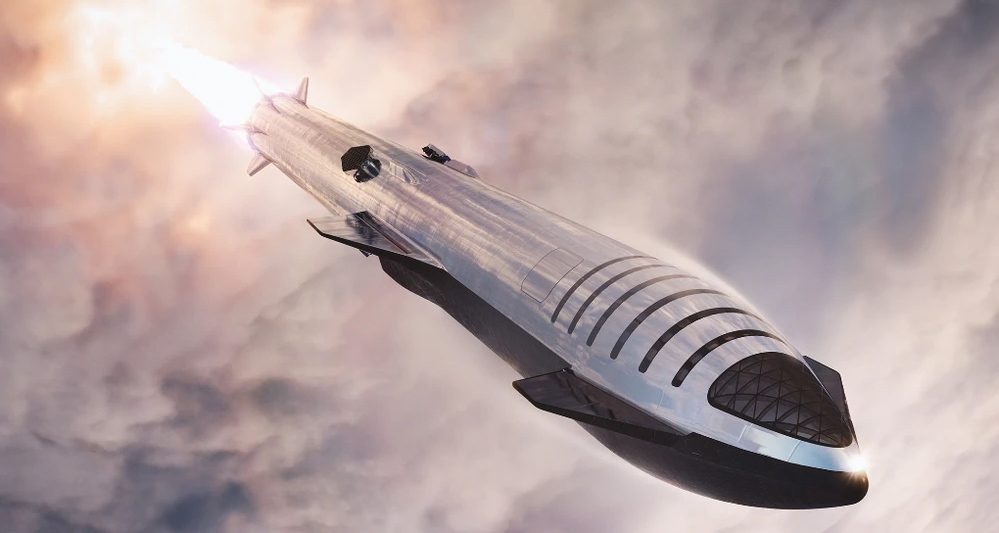

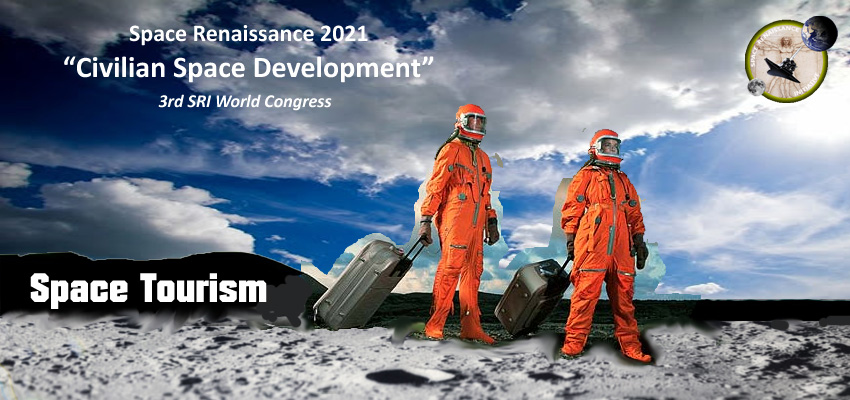
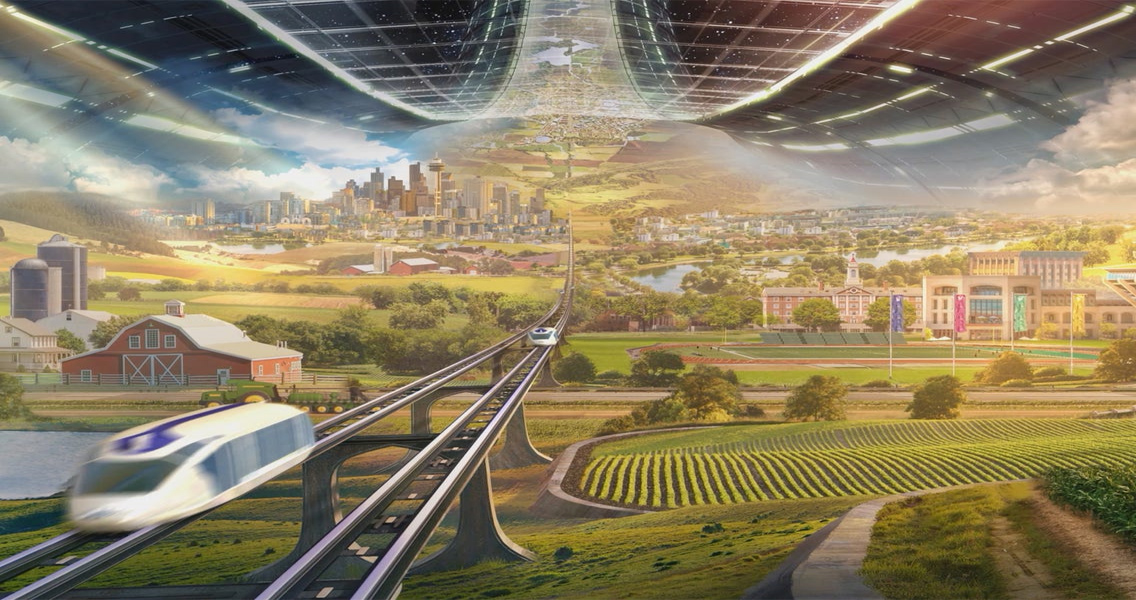

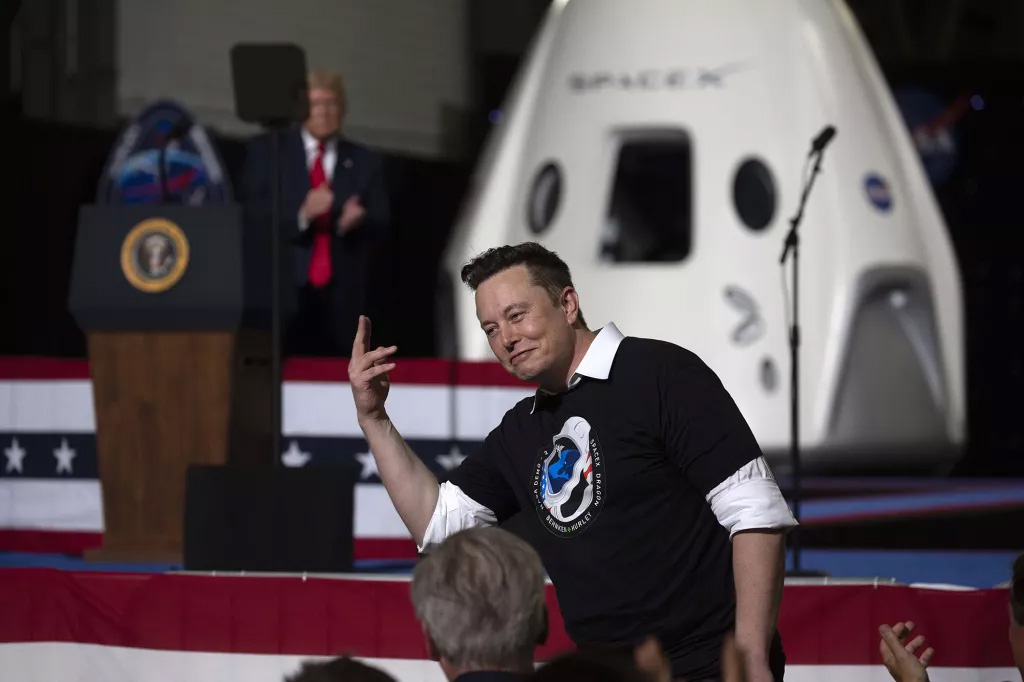
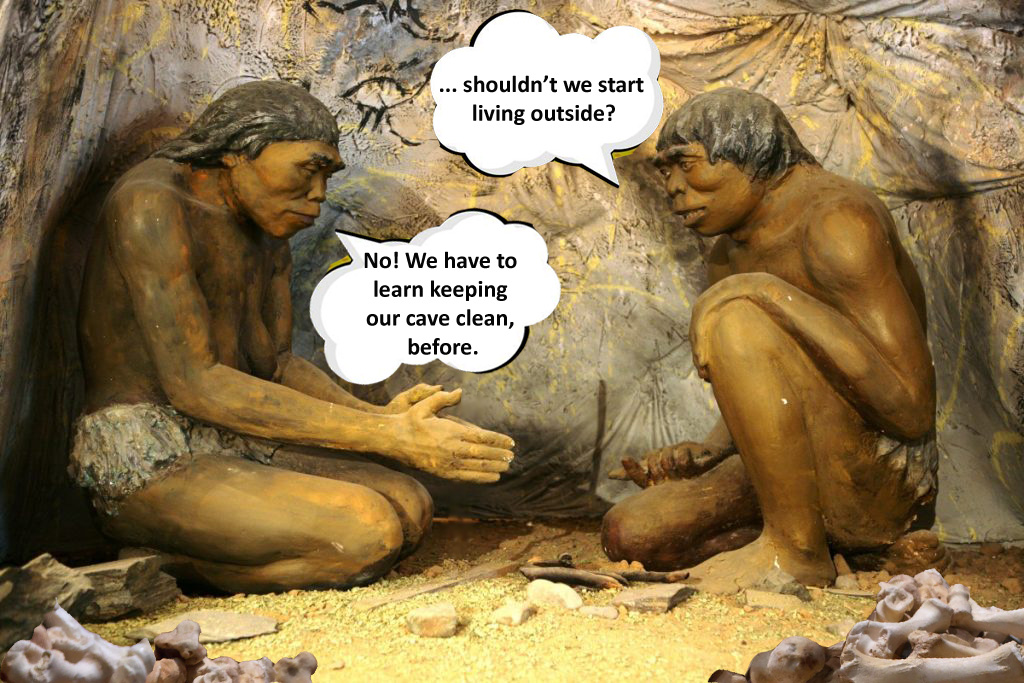
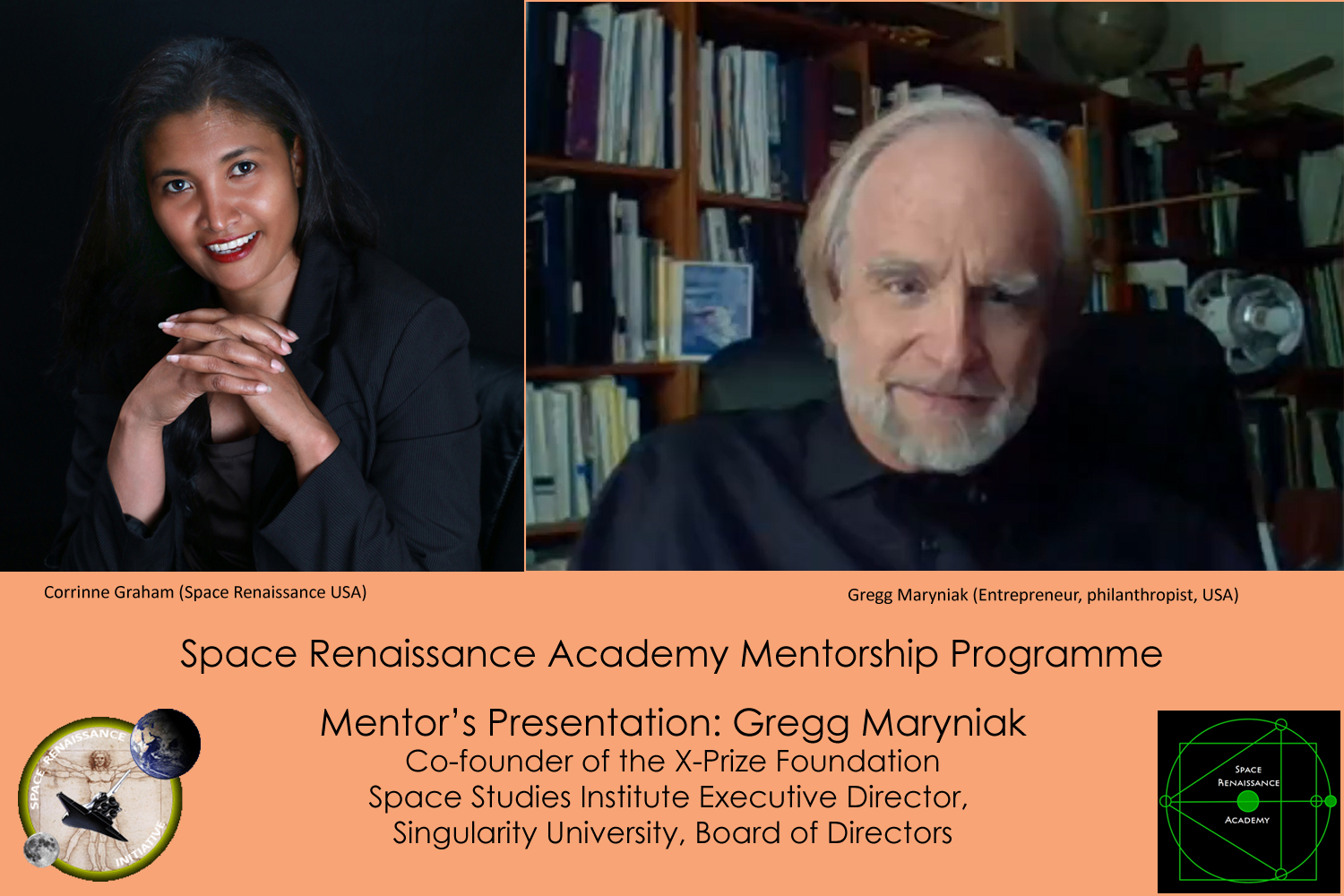
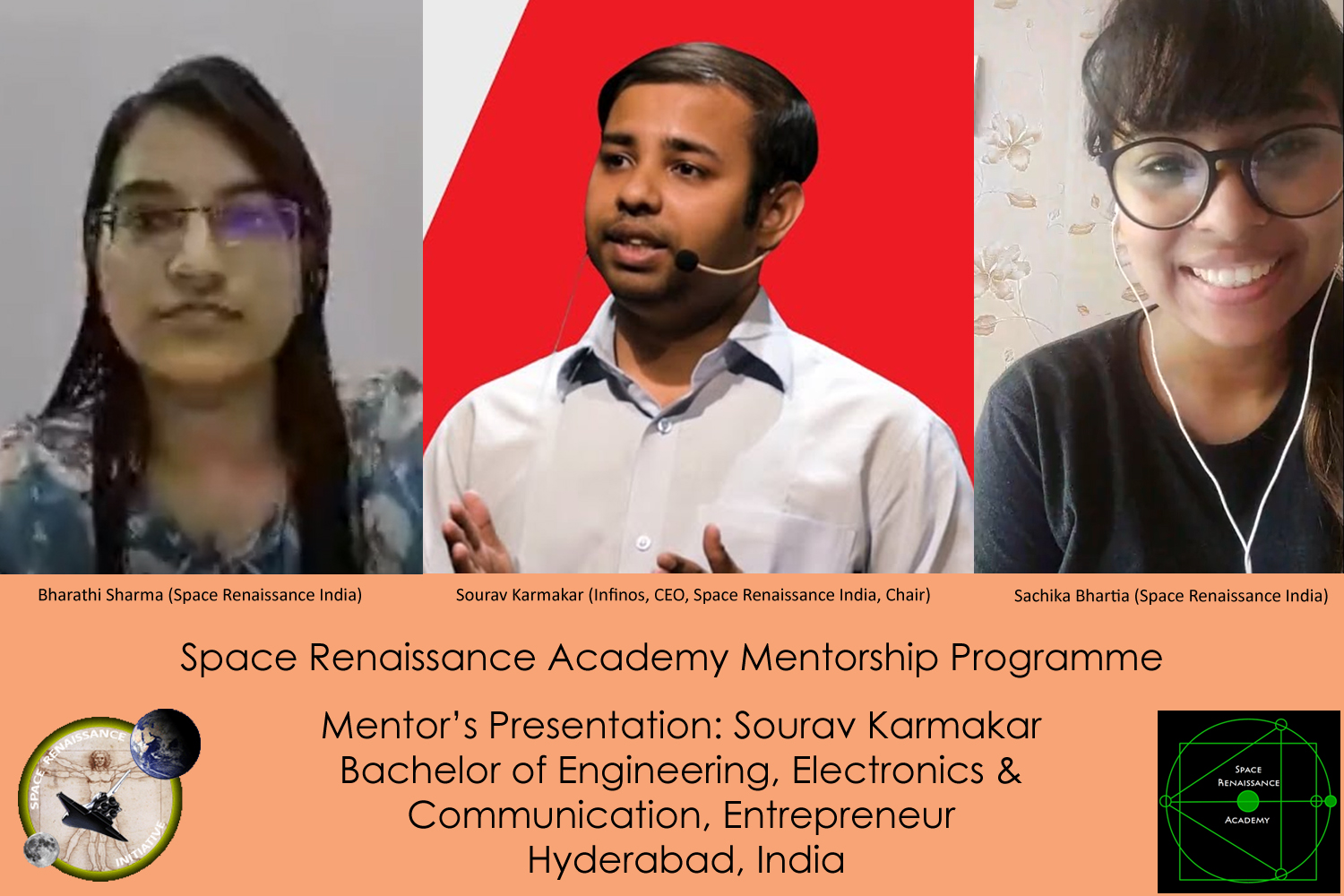
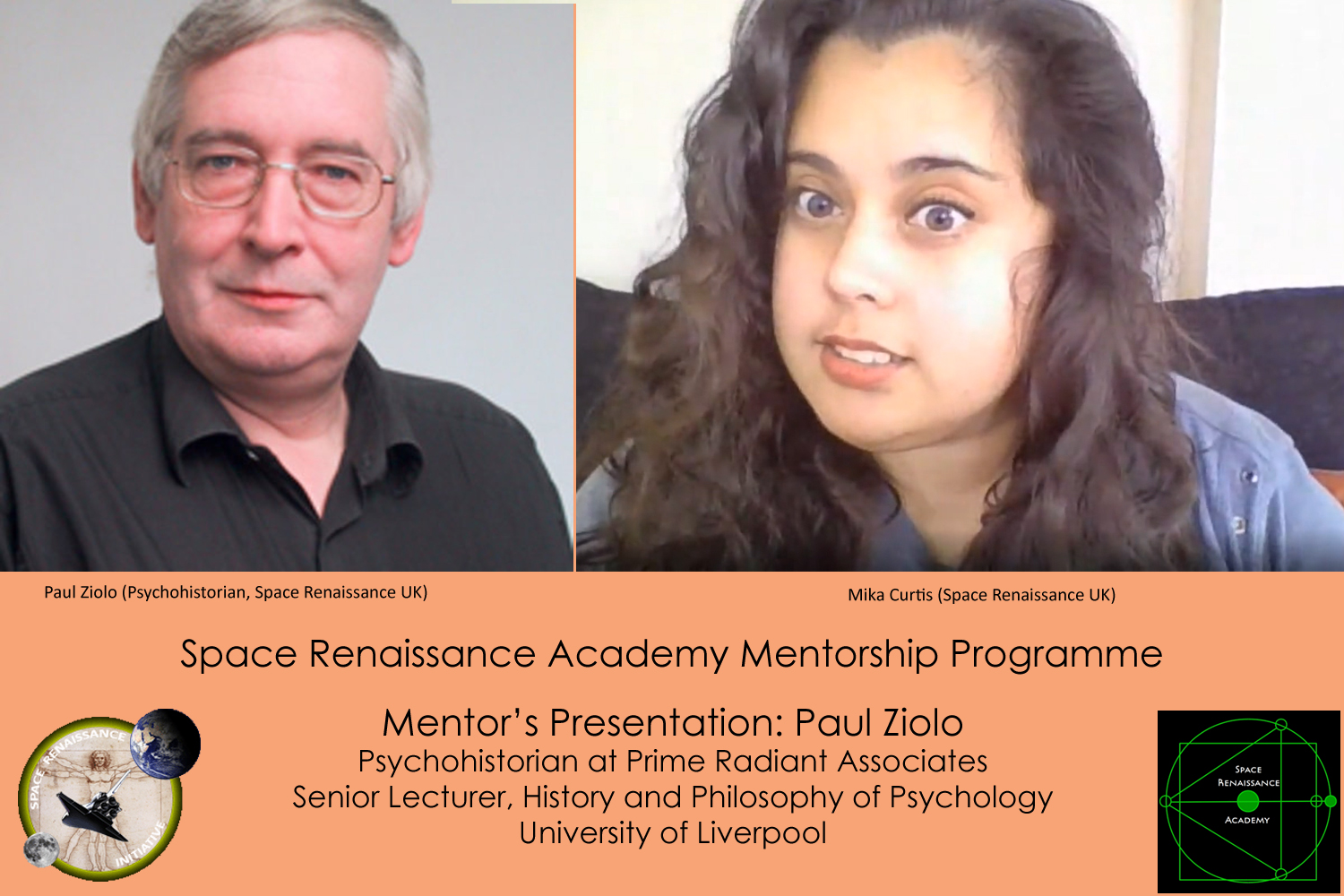
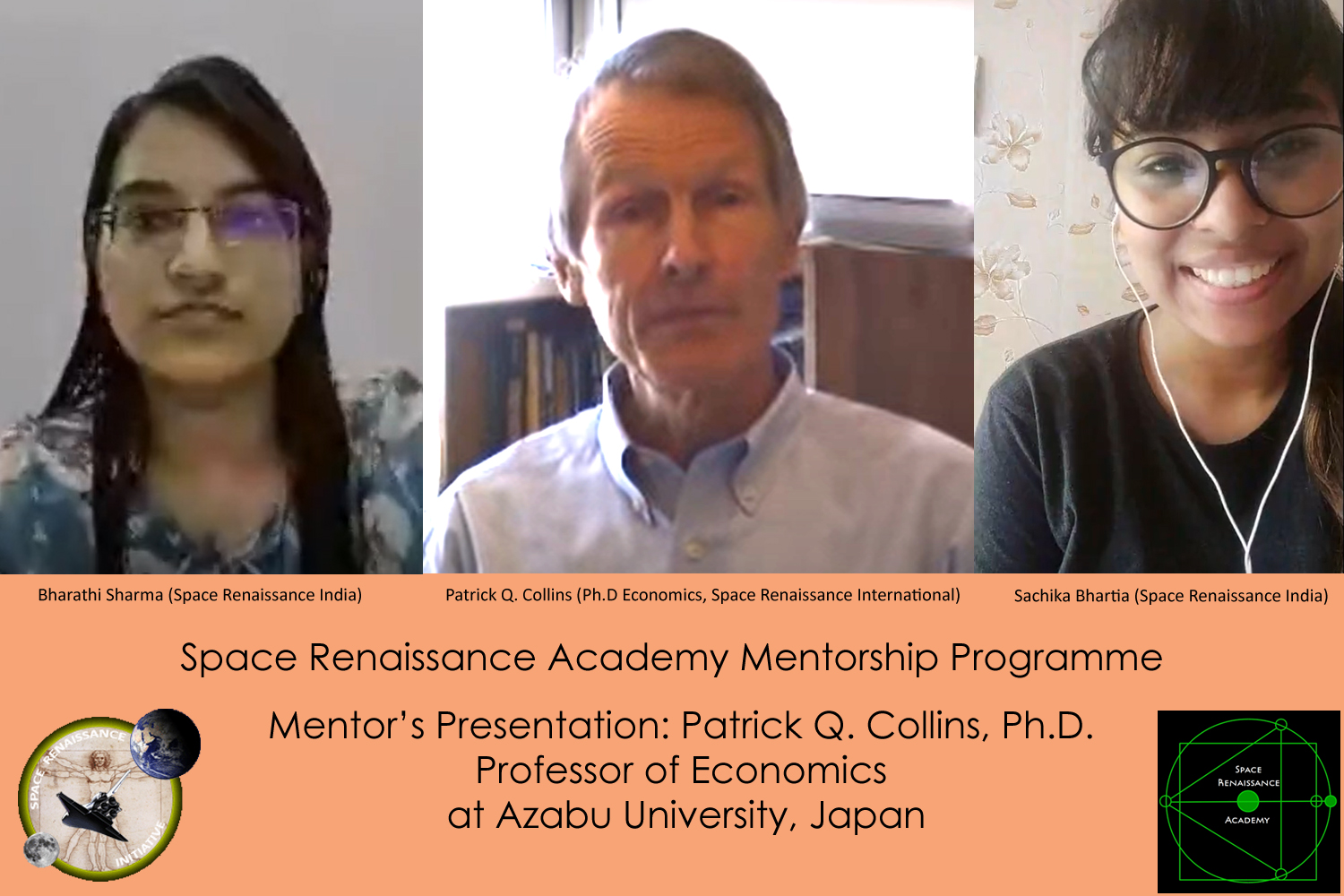


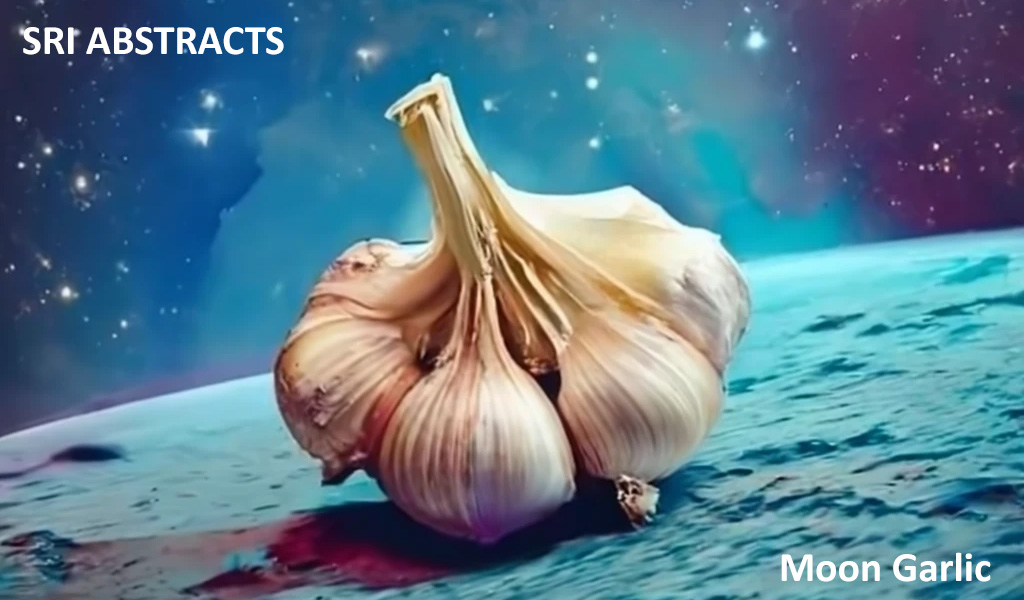





 Space Renaissance France (French Chapter of SRI)
Space Renaissance France (French Chapter of SRI)  Space Renaissance USA, Inc. (USA Chapter of SRI)
Space Renaissance USA, Inc. (USA Chapter of SRI) Space Renaissance (Italian Chapter of SRI)
Space Renaissance (Italian Chapter of SRI) Space Renaissance Academy
Space Renaissance Academy Space Renaissance Initiative Group
Space Renaissance Initiative Group